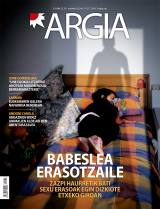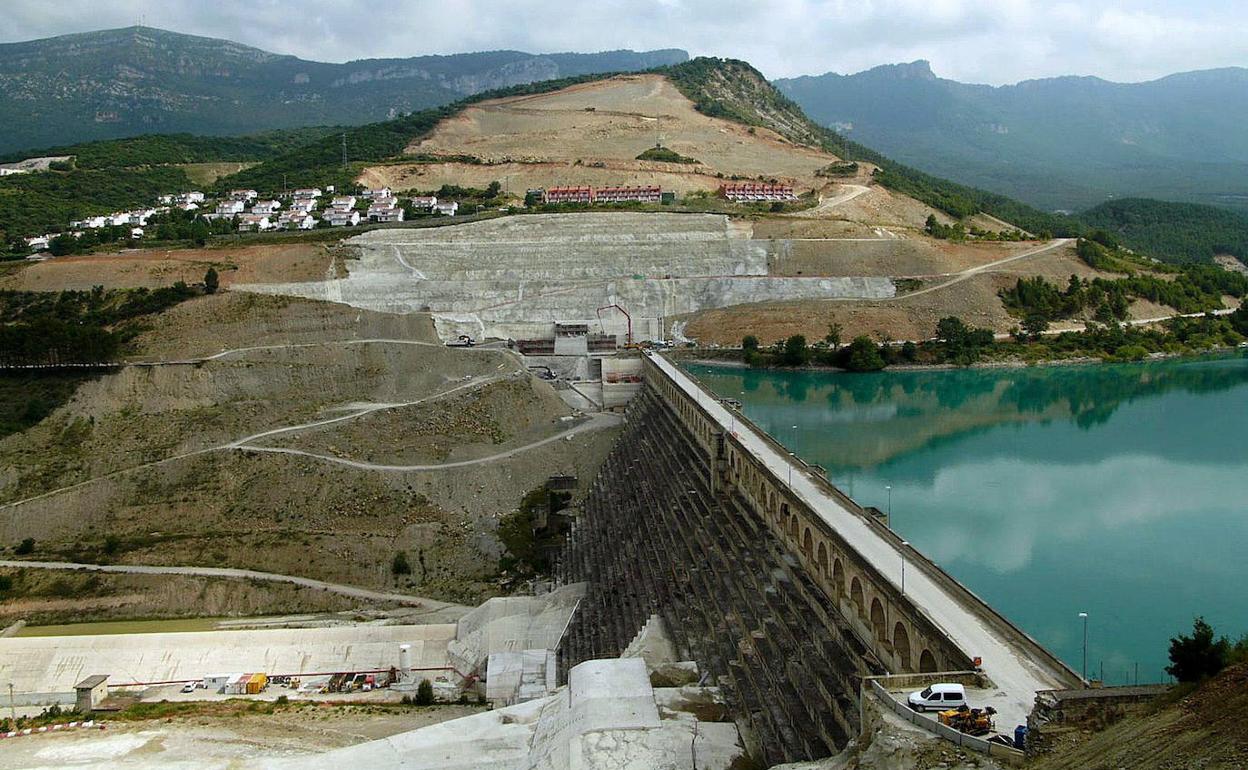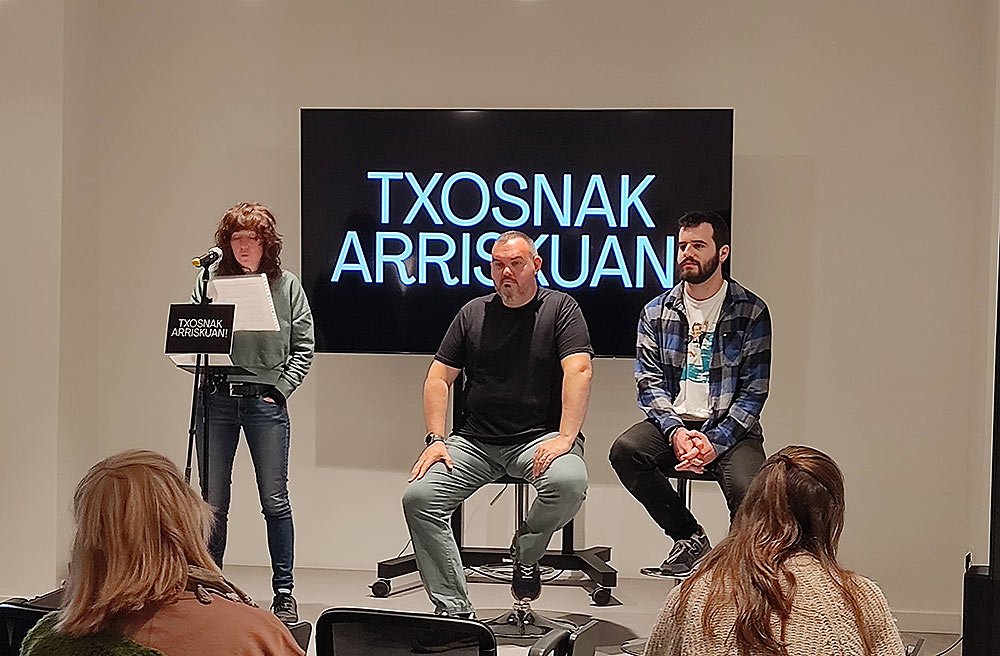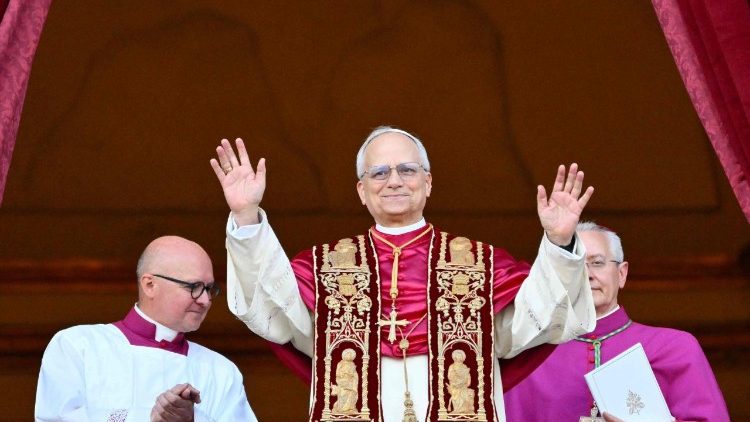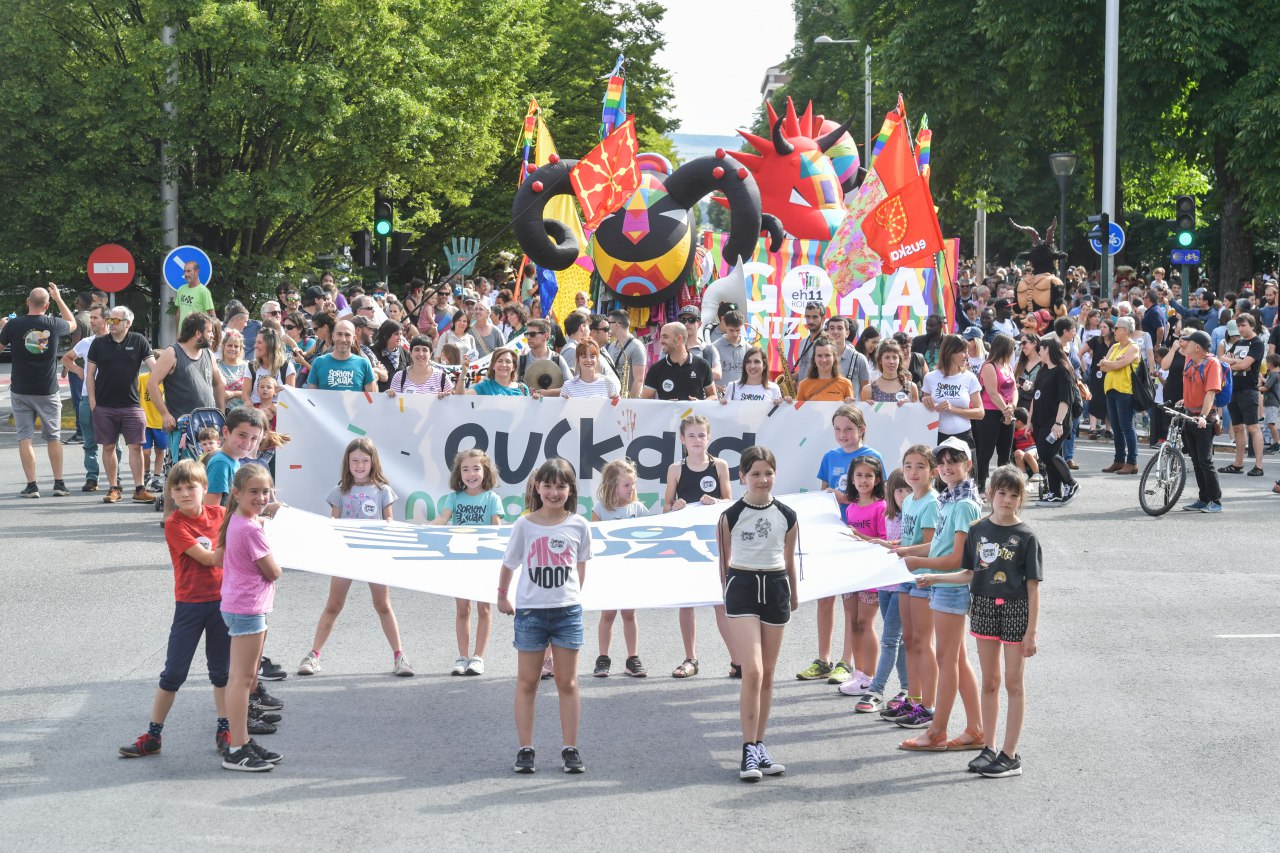"The family of Iñigo Cabacas has seen that the instruction has not been impartial"
- Organized by Arabako Alea, on 11 January a session took place in Solas Alea, at the Casa del Euskera Oihaneder in Vitoria-Gasteiz, in collaboration with ARGIA. Berria journalist Edurne Begiristain and the author of this article interviewed EH attorney Bildu Jone Goirizelaia. The public also asked the journalists Iñaki Goirizelaia, Gemma Zabaleta and Koikili Lertxundi. The conversation was rich and nice. Here's a monster you've received.
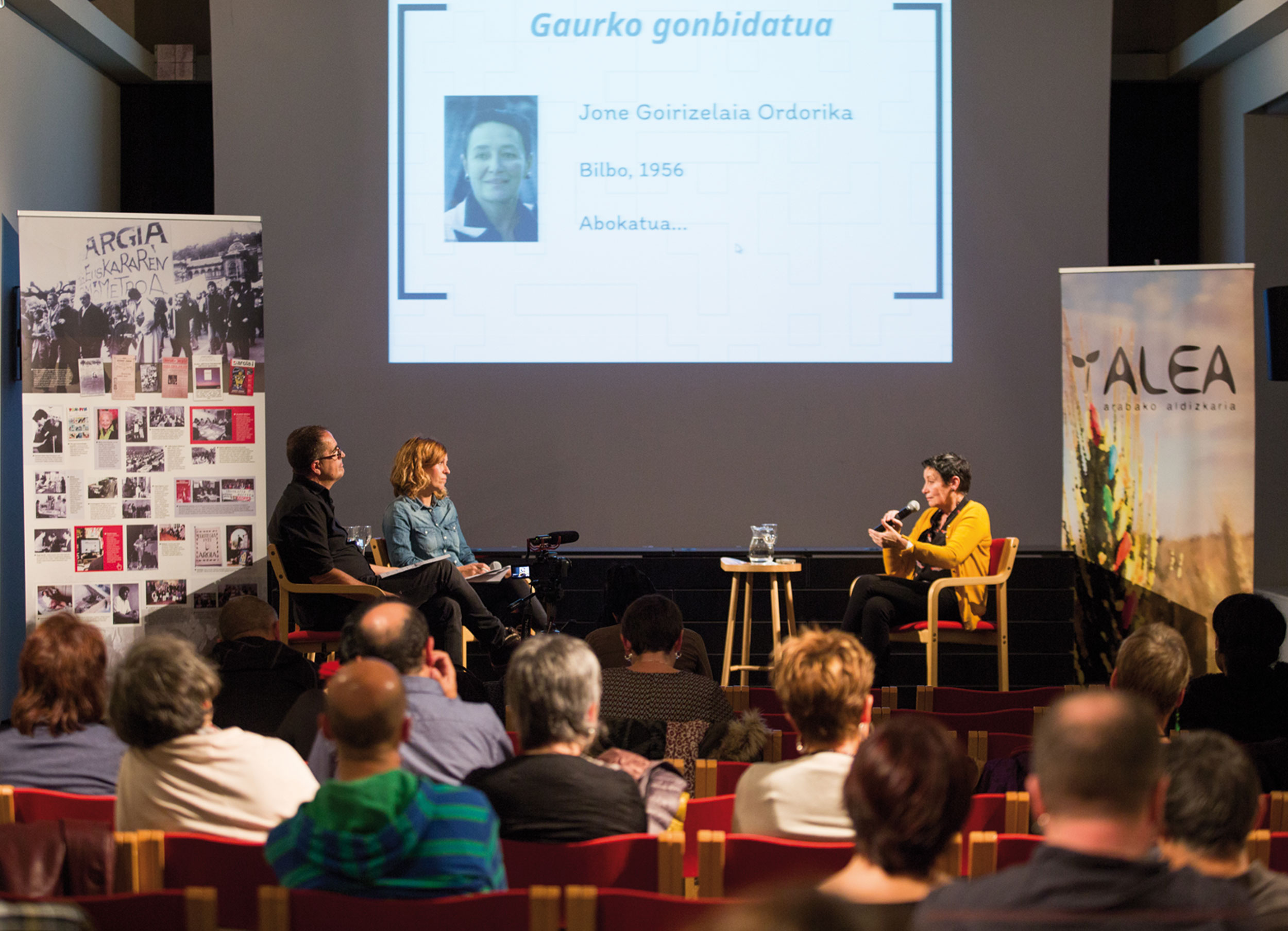
He was a parliamentarian between 1990 and 2005. You have returned to Parliament eleven years later. What memories do you have?
I was young and I was the only woman. I first entered an institution, with a lot of fear. The political situation of the time was very complicated, as there were several expressions of violence. The members of the Abertzale left were working to resolve the situation, claiming the need to give the people the floor in order to obtain the rights that we as a people are entitled to. I learned a lot and I have not stopped studying. These situations are different from the present ones, but our policy objectives have not changed: Let the Basque People be self-aware.
What is the main reason for your return?
What you've got in your head, you never leave it aside. Sometimes you're in the front line, sometimes further back, but you always have a direct relationship with what you want to achieve. I would add: When Arnaldo was in jail, I would often visit him. One day we would say that we would return to Parliament. Among other things, so as not to lose political ties and references. In other words, the people working on the Abertzale left should explain well to the people why we have changed the strategy change and the ways of making policy to achieve the same goals. Arnaldo transmits his positive character to the people around him. The experience we have influences politics, and when the time comes, I couldn't say no.
What is the most important change you have noticed in the Basque Parliament?
The relationship of parliamentarians. Before, everyone was talking, but not naturally. Political incommunication was evident. Today, we don't talk the same with everyone, but there have been changes. Speaking is fundamental, because it is a place to speak, as the word parliament says. I hope that this will change the situation even further and lead to agreements. At the same time, however, some Members of Parliament want to lead us to the situation twenty years ago. For example, Borja Sémper should take an oath before the Spanish Constitution. But where are we? Semper is young, not Carlos Urquijo. There is therefore something to change.
After the process of refounding the Sortu, will the Abertzale left really be refounded?
It is something that is in everyone's hands. After an in-depth debate, we concluded that “politics must be done differently and counted to do all things with all people.” This must involve changes in the structure of Sortu, changes in the way of working, as well as the integration of those who have remained out of the way. It's an attempt at this process: how to work with people in neighborhoods and villages, how to convey our goals. We have to work on the way we decide, if we do it right, the Abertzale left will be a good political choice for the whole of society.
Five years have passed since the Declaration of Aiete and the cessation of the armed activity of ETA in the Basque Country. There are those who believe that this decision should have come much earlier. In your opinion?
I do not think we have to put the debate on that point. The point is elsewhere: we are making policy for society to have new political opportunities to build Euskal Herria in another way. The analysis must be made according to the political situation and the decisions must be made accordingly, in order to carry out the most appropriate policy and for the citizens to own their rights. The Abertzale left worked hard to get the Declaration of Aiete. He decided that he had to change his strategy and change the structure of the organizations, and that everyone would accept it and do it together. It was a fundamental decision. Reflection and decision have brought us to where we are, the Abertzale left made its own decisions and ETA theirs. I would put the turning point there.
“How many manifestations have been injured, with eyes lost and dead? Rosa Zarra, for example. These cases have been protected and covered, have not been clarified”
You are a lawyer for the “Cabacas case”. You have often denounced that it is a road full of obstacles.
We knew it was not going to be easy, we saw from the beginning that it was going to be difficult to clarify what happened. Normally, the Ertzaintza carries surveillance cameras to these kinds of facts, so the arrested were transferred in this case, although they have not been turned on. On the street there are cameras, also in front of the tavern of the town of Kirruli, but that night there is no. Further away, the cameras were running. These images are usually demanded: weapons, bullet covers and balls are investigated, so in this case it has not been done. The proceedings of the Ertzaintza, which in this case also do not exist, are disseminated.
So you're pessimistic.
The media we have is the media we've worked on, the testimonies of the people who were there, the videos that the locals recorded… It's amazing that then the prosecutor has to push a procedure to find the explanations. The prosecutor of these cases has not asked for any inquiry or proposals for investigation, as reported by the Public Prosecutor ' s Office. However, it has always coincided with what the defence of the Ertzaintza says. The lawyer appointed by the Basque Government for this case has done nothing, the only thing he has done has been at the request of the particular accusation and always putting obstacles: “Nothing can be done because the case is under secret.”
There are currently six persons charged in the summary investigating the case.
But they did not act on their own, but in order. The order had been dictated by the so-called Ugarte. We have asked him to be charged, to declare, but the judge says that he did not say anything, that he did not. The thing is, Ugarteko gave orders, that's recorded. “Go to the People, take positions, disperse the people, enter with everything you have.” I think they have decided not to judge the Ertzaintza. It seems that they have domestic help, as the judges have told us, they are very clear about their opinion: they will not admit appeal, they will file the case. Iñigo's family has seen that the instruction is not impartial and that it cannot be applied. We believe there are enough data and elements for judgment. But those who have the last word are not in favour of that. Society will not understand it or accept it. The attitude of the judges should not hinder the way. The Basque Government says it is prepared to move the case forward, but ...
What was the position of the Basque Government in particular?
The former head of the Basque Government’s Department of Security, Rodolfo Ares, did not refer to the courts more than the corresponding police report. The lawyer of the Ertzaintza, who did not open the investigation, also proposed that the one who struck Iñigo in the head was not a ball, but at first stated that it was a can of smoke. The coroner didn't accept it and then he changed his strategy. They have not done anything essential, they have just said the usual thing: that there were incidents, that some people walked in with hood ... They wanted to include in their strategy events that no one had ever seen. Those of now, on the other hand, “that happened when the previous government was,” they say.
What do the words Justicia and Spain mean to you?
Absurd. Justice and Spain do not agree. One thing is the word and another is what usually happens in the courts. In the judgments of the Spanish National Court, political decisions are in sight. First of all, we do not know what the designated court is, judges are artificially designated for specific purposes and things. Defence lawyers cannot talk about their rights in order to achieve these objectives, as they use the incommunication of the courts. Unfortunately, today the structure and people are still the same, so if that does not change, justice cannot be done.
The change to the Basque Country seems to be difficult.
We want to work on transitional justice so that change materializes, but they do not accept it. There have been many resolutions from the Court in Strasbourg on torture, it has been incorrectly instructed, but no account has been taken of it. For example, Judge Garzón argued that ETA and Batasuna were part of the same structure for sentencing the defendants in the Bateragune case [Otegi, Jacinto, Zabaleta, Rodríguez and Díaz Usabiaga]. After a few years, when he is out of trial, Garzón said that “that wasn’t true, the sentence shouldn’t be that way.” Ah, I had been a judge! What kind of justice is that?
Justice in the context of the Basque Country, how do you see it?
It depends on how it is produced and what it is about. There are cases where justice is quite similar. Here too, for years, the reports prepared by the police have had to be accepted. In principle, the words of the police and citizens should have the same value, but that is not the case in the courts. That of the police is much heavier, because we have been in a specific socio-political situation, because a social sector and some parties have given it this political support. This is the well-known "Cabacas case," as Iñigo has died. But how many manifestations in Euskal Herria have been injured, with the eyes lost and the dead? Rosa Zarra, for example. These cases have been protected and covered and have not been clarified. Many times, why are political enemies not denouncing this or that injustice? “And you, them?” we answer.
“November 25 is the International Day for the Elimination of Violence against Women. It would be a good time for Ahotsak to restart the movement.”
In 2006, you were the founder of the Ahotsak movement. It brought together women of different sensibilities. Do you see a need for such an initiative today? Would it be possible to bring together the members then?
I do not know whether the same structure then is valid today, but the text we signed then is valid. Because women have to play our part in changing the current socio-political situation, the gender perspective must be present in the negotiations. The movement should continue, even more so because of the change in the political context that has taken place for more reasons.
Including PSE-EE Secretary General Idoia Mendia?
Idoia Mendia signed Ahotsak's base document. Now he says that “the right of self-determination does not have to be.” And in 2006, yes? However, it is not a person forced to give up. We have to talk, I think we can go back to the attitude then. Not just him. [PSE-EE] Rafaela Romero, [PP] Laura Garrido and Arantza Quiroga were also present.
Can women contribute something special to politics?
We women have always been a bridge, starting at home: when there are fights, we tend to be the means to solve the problems. I don't know if it depends on our way of being, but at least we put into practice a way of doing things. In some problems we have shown that we are able to unlock the situation, to build bridges and to work differently. Two of the things I learned at Ahotsak are: if you're able to hear what the other says and the other does the same thing, there's always a point to reach agreements. Secondly, when you come to that agreement, there are no backward steps, the possibility of moving forward opens up. In art, this possibility must be worked out and expanded to be used when the right time comes. On 25 November, the International Day for the Elimination of Violence against Women is celebrated. It would be a good time for the Voice to reboot the movement or something like that.
Andrea Velasko dietista eta nutrizionistak elikaduraren bidez menopausiak eragindako aldaketak kudeatzeko zenbait gako eman ditu.
BRN + Auzoko eta Sain mendi + Odei + Monsieur le crepe eta Muxker
Zer: Uzta jaia.
Noiz: maiatzaren 2an.
Non: Bilborock aretoan.
---------------------------------------------------------
Ereindako haziek ura, argia eta denbora behar dute ernaltzeko. Naturak berezko ditu... [+]
Antonio Turiel fisikari eta CSICeko ikerlariak aspaldiko urteetan ez bezala bete zuen Hernaniko Florida auzoko San Jose Langilearen eliza asteazkenean. Zientoka lagun elkartu ziren Urumeako Mendiak Bizirik taldeak antolatuta Trantsizio energetikoaren mugak izeneko bere hitzaldia... [+]









